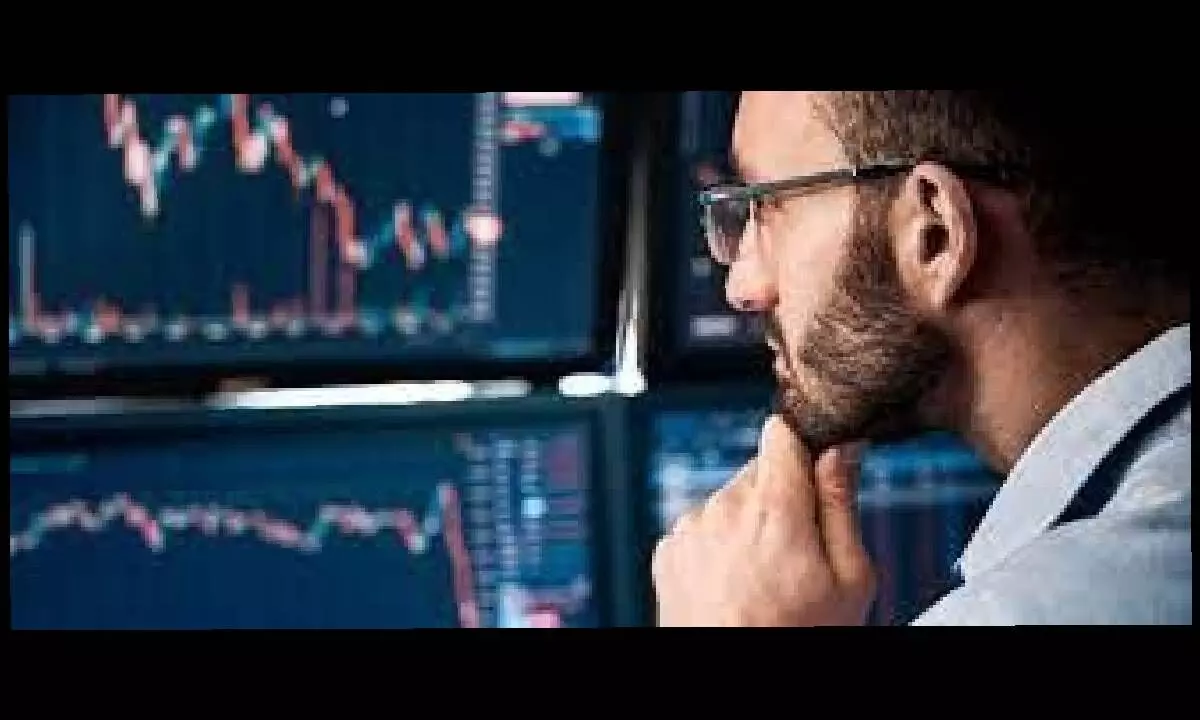Investors need to avoid hasty decisions
How do traders end up getting ahead in the market situation, which needs critical thinking for making effective decisions
image for illustrative purpose

All of us while investing try to gain ahead in our analysis so that we could end up acting quicker than others and thus generate profitable outcome. But how do we end up getting ahead in the market situation, which needs critical thinking for making effective decisions. The way we generally analyze a policy or an event is trying to see how it influences or impacts the present and accordingly adjust our sails so counter these outcomes to our favor. This is the first order of thinking.
The first order thinking is the process of considering the intended and relatively obvious consequences of a decision done or a policy change. While this is good enough to decide or an informed decision, it doesn’t give an edge in investing. For that, one needs to develop a second order thinking i.e., it’s a process of extrapolating the possible dominos that could trigger based on the first order actions.
Howard Marks in his seminal book, ‘the Most Important Thing’ mentions that importance of second level thinking. He introduces this by, ‘first level thinking says, “it’s a good company; let’s buy the stock.” Second-level thinking says, “It’s a good company but everyone thinks it’s a great company and it’s not. So, the stock’s overrated and overpriced; let’s sell.”
First level thinking says, ‘the outlook calls for low growth and rising inflation. Let’s dump our stocks. Second level thinking says, ‘the outlook stinks but everyone is selling in a panic. Buy.’ He further explains, first level thinking is simplistic and superficial and just about everyone can do it (a bad sign for anything involving an attempt at superiority.) All the first level thinker needs is an opinion about the future, as in “the outlook for the company is favorable, meaning the stock will go up.” Second level thinking is deep, complex and convoluted.
The other thing about first order thinking is that it’s easy and at many times very evident. It only allows us to solve an immediate problem, for example: I’ve surplus so let’s spend. The second order thinking is more considerate, allows one to think the consequences of acting on the first order thinking. Continuing the previous example: if I were spending at all the times of the surplus, how would it impact my budgetary allocations or during a dry spell. That questions if one must act at the very first place and may change the way one acts on the first order decision.
Marks says that the second level thinker takes a great many things into account: what is the range of likely future outcomes? Which outcome do I think will occur? What’s the probability that I’m right? What does the consensus think? How does my expectation differ from the consensus? He narrates that there was no price too high for the stocks at a point in time, when he was a boy. And that he learned an important lesson in the 70’s decade which is that there are no assets which are so good that there’s no price too high.
For every asset, regardless of how good it is, there’s such a thing as a bargain price, fair price and overpriced. That’s a realization that nobody had at the time. But some people said, yes, it’s a great company but it’s not that great you see. And this is the greatest example of second level thinking. The first level thinker says it’s a great company, you should by the stock. But the second level thinker says it’s a great company but it’s not as great as everybody thinks, so as a result it’s overpriced, you should sell the stock.
That’s a very simplistic example, but the point is you have to take your thinking to a higher level, more in-depth, more nuanced, asking more questions, not so superficial. And he says that he’s very lucky to learn at a very young age. By the way, you only learn from difficulty. Very few lessons are learned through success.
(The author is a co-founder of ‘Wealocity’, a wealth management firm and could be reached at [email protected])

